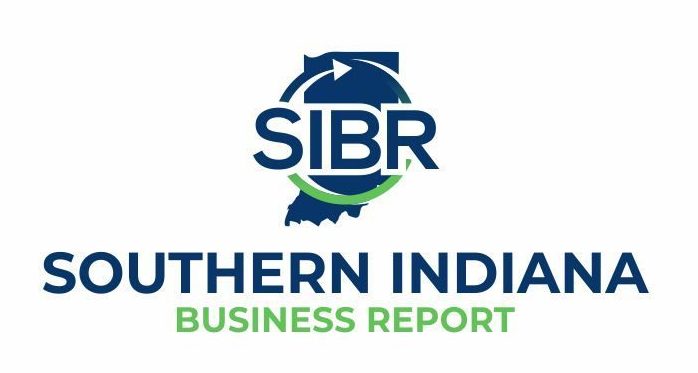Carol Johnson, Southern Indiana Business Report
BEDFORD – The spike in egg prices is painful for all consumers, but absorbing the rise in egg prices is especially hard for restaurants and diners that focus on breakfast.
Joyce Taylor, owner of Apron Strings in Bedford, wasn’t shy in describing how egg prices are affecting her Bedford diner.
“It’s killing me,” she said. “I can’t keep up most of the time with having enough eggs.”
Taylor buys her eggs from local grocery stores and many have placed purchase limits on eggs as the Avian flu that is affecting commercial egg producers has led to rising egg prices.
On a typical Saturday – Apron Strings’ busiest day – Taylor will go through 50 to 60 dozen eggs.

“We make three or four different kinds of quiche a day and each one takes five eggs,” she said. “Our French toast takes 18 eggs a day.”
The diner, located at 2501 Eighth St., has been in business about 11 years and has a loyal following. A little over a year ago, she moved the diner to a new and larger location to accommodate the growing business.
Taylor said egg prices combined with a limited supply have been among the most challenging for her business.
“It’s been a very stressful situation,” she said.
Taylor hasn’t raised her menu prices, but she has added a 10-cent per egg surcharge.
Avian flu outbreaks
A strain of highly pathogenic avian influenza, known as H5N1, killed 13.2 million commercial egg-laying hens in the month of December.
Outbreaks of avian flu have been driving up the price of eggs since 2022, resulting in 108 million birds being culled, according to the American Farm Bureau Federation. Since 2022, 26 premises across 12 Indiana counties have been affected by the highly infectious virus.
Eggs have long been a reliable and budget-friendly source of protein, but that has changed. In 2019, a dozen eggs cost less than $2 a dozen. Currently, the average cost of a dozen eggs is more than $4.
Late in 2024, more outbreaks of the virus were reported. Last month, Rose Acre Farms, headquartered in Jackson County, culled 2.8 million laying hens after avian flu was detected. Rose Acre Farms calls itself the second largest egg producer in the United States.
As of Monday, the Indiana Board of Animal Health dashboard listed avian flu outbreaks at seven farms in the state — three commercial operations in Jay County, and one each in Allen, Adams and Jackson counties. A noncommercial flock in Shelby County also was listed.
Farms are taking biosecurity practices to prevent their flock from being exposed to avian flu, which is commonly spread by wild birds.
Indiana is a top-producing state for poultry. It ranks No. 1 for ducks, No. 3 for eggs and No. 3 for turkey production.
Poultry farming and processing is an economic driver in Indiana, contributing more than $18.34 billion in total economic activity. The sector directly employs 12,792, and it supports an additional 35,719 jobs in allied industries and services across the state according to the U.S. Poultry and Egg Association.




